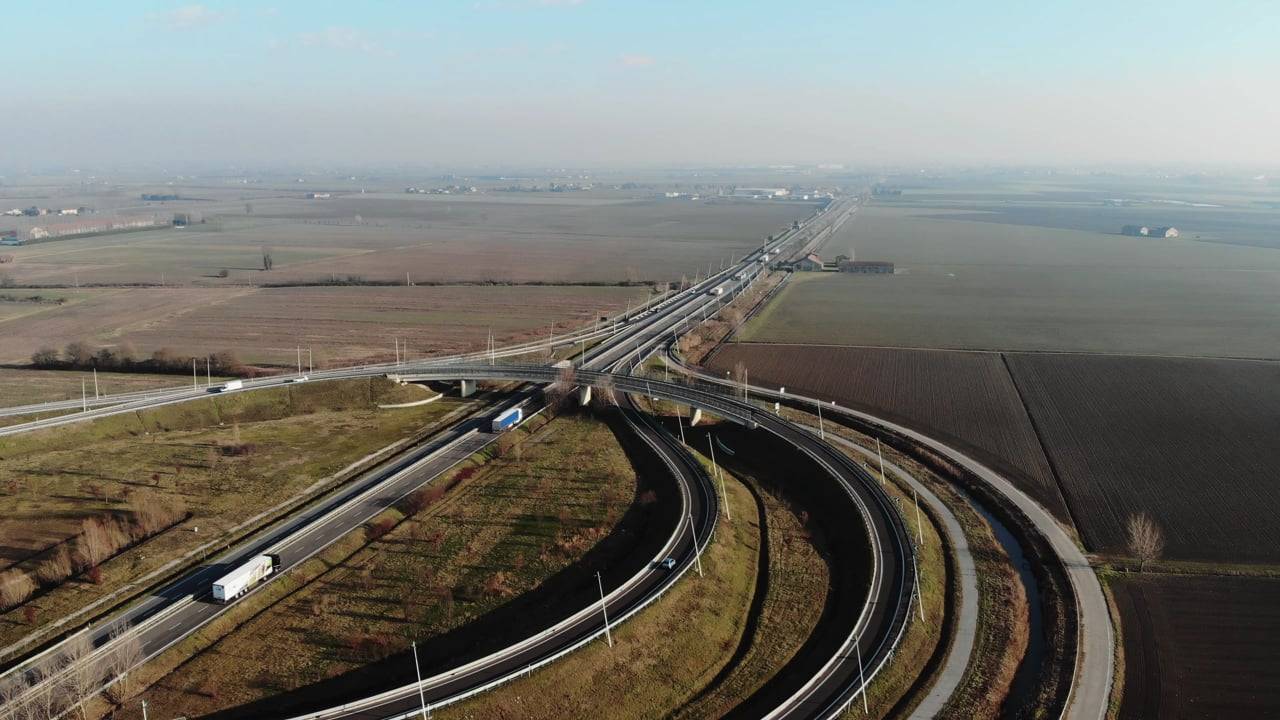Karnataka, a frontrunner in India’s technological and industrial landscape, has always played a pivotal role in shaping the nation’s digital economy. In an effort to sustain its leadership position and further expand its influence on the global stage, the state government has unveiled a forward-thinking draft policy aimed at strengthening the Global Capability Centre (GCC) sector. Karnataka’s draft GCC policy, recently launched outlines an ambitious roadmap to attract offshore units of multinational corporations, foster innovation, create employment, and promote equitable growth across the state.
Here’s a detailed look into five critical aspects of the draft GCC policy and what they mean for Karnataka’s economy and industry.
1. Ambitious Job Creation and Economic Output Targets
At the core of Karnataka's draft GCC policy is the aim to significantly boost employment and economic output. The state has set an ambitious target of creating 350,000 jobs by 2029 through the expansion of GCCs. These offshore centres, typically responsible for specialized services such as IT support, analytics, finance, and research and development, will offer highly skilled employment opportunities, ensuring that Karnataka continues to be a preferred destination for both foreign investment and local talent development.
Karnataka's broader goal is to position itself as the undisputed leader in the global GCC market, with an economic output target of $50 billion by 2029. By attracting global companies to set up their operations, the state is focusing on building an ecosystem that drives long-term economic growth. These centres are anticipated to contribute substantially to the state's GDP and play a critical role in bolstering India’s global position in the IT and technology sectors.
The demand for GCCs in India has been on a steady rise, driven by factors such as cost efficiency, access to a highly skilled workforce, and a favorable business environment. India is home to more than 1,500 GCCs, employing over 1.38 million people as of 2023, and this number is expected to grow significantly. According to Nasscom, the GCC sector in India is expected to generate an economic output of $60 billion by 2025, and Karnataka is poised to capture a substantial share of this growth. With the state aiming to attract 300 new GCCs over the next five years, the policy is designed to meet this surging demand and offer a competitive advantage for companies choosing to set up operations in the state.
2. The ‘Beyond Bengaluru’ Initiative for Balanced Regional Growth
While Bengaluru is widely known as India’s Silicon Valley and the prime destination for technology investments, the draft GCC policy also recognizes the importance of spreading economic growth to other parts of Karnataka. The policy's ‘Beyond Bengaluru’ initiative is a bold strategy that seeks to expand the benefits of GCC investments to other cities and regions, thereby encouraging balanced development and reducing the infrastructural burden on Bengaluru.
To this end, several cities have been identified as potential growth centres, including Mangaluru, Hubballi-Dharwad, Mysuru, Belagavi, Kalaburagi, Tumakuru, and Shivamogga. Companies that opt to establish GCCs in these cities will be eligible for a variety of incentives. For instance, the policy proposes reimbursement of property tax and rental expenses for the first five years of operations, significantly lowering the costs of setting up business in these regions. Additionally, the state will reimburse operational expenses for co-working spaces in these cities, making it easier for companies to establish their presence.
This ‘Beyond Bengaluru’ strategy not only aims to relieve Bengaluru from infrastructure pressure but also to provide other regions of Karnataka with a chance to develop into new economic hubs. By facilitating the growth of GCCs in multiple cities, the state government is effectively creating a more inclusive and regionally distributed model of economic development.
3. Development of Global Innovation Districts to Boost Research and Innovation
Innovation is one of the cornerstones of the draft GCC policy, with a particular focus on research and development (R&D) that is essential to driving the future of global business. To this end, Karnataka is planning to set up three Global Innovation Districts, which will serve as key centres for R&D, innovation, and collaboration between businesses, startups, and research institutions.
These districts, strategically located in both Bengaluru and other key regions identified under the ‘Beyond Bengaluru’ initiative, will offer specialized infrastructure and policy support to foster cutting-edge research. The policy includes special incentive packages for companies that choose to invest in these districts, providing them with tax benefits, infrastructure support, and other financial incentives.
For anchor investors or large-scale projects, the government is even willing to tailor incentives based on the project’s scale and potential impact. These districts are expected to provide a conducive environment for high-level collaboration, helping companies to stay ahead in a competitive global market by developing innovative products, processes, and technologies.
4. GCC Support Unit: A Centralized Hub for Approvals and Coordination
Understanding the complexity involved in setting up new operations, Karnataka’s draft policy goes beyond just financial incentives and proposes the creation of a dedicated GCC support unit. This unit will function as a one-stop solution for all approval processes and regulatory requirements, thus reducing bureaucratic delays and streamlining the process for companies wishing to set up operations in the state.
The policy also envisions the development of a live digital portal managed by the GCC support unit. This portal will provide a database of available commercial office spaces across Karnataka, developed in collaboration with real estate partners. By offering up-to-date listings and real-time information, the government aims to make it easier for GCCs to find suitable spaces and expedite their establishment processes.
With this centralized support system, Karnataka is providing companies with a smoother, more efficient experience, eliminating many of the common hurdles that come with setting up operations in a new location. The result is expected to be faster decision-making and quicker project rollouts, benefiting both companies and the state.
5. Establishment of the Centre of Excellence for Artificial Intelligence in Bengaluru
In addition to fostering innovation through its Global Innovation Districts, Karnataka’s draft GCC policy also includes a plan to establish a Centre of Excellence (CoE) for Artificial Intelligence (AI) in Bengaluru. This CoE is part of the state’s broader vision to become a global leader in AI, which is poised to revolutionize various sectors such as healthcare, finance, manufacturing, and education.
The Centre of Excellence for AI will not only focus on research and development but will also serve as a training hub for nurturing talent in the AI field. Companies establishing their GCCs in Karnataka will benefit from direct access to this AI ecosystem, providing them with cutting-edge tools and expertise to integrate AI into their operations. This will give them a competitive edge in automating processes, improving decision-making, and driving innovation in their respective fields.
Conclusion
Karnataka’s draft GCC policy is a comprehensive blueprint aimed at creating a conducive environment for the growth of offshore centres in the state. By focusing on job creation, innovation, and balanced regional development, the policy positions Karnataka as a leader in the global GCC market. The combination of financial incentives, streamlined regulatory processes, and support for cutting-edge research makes the state an attractive destination for companies looking to establish offshore centres.
With its ambitious targets and well-rounded approach, Karnataka is on track to solidify its standing as a global technology hub, providing significant benefits to both the local economy and the broader business community. The policy’s focus on long-term, sustainable growth reflects the state’s commitment to ensuring that Karnataka remains at the forefront of global business and innovation well into the future.









.png)